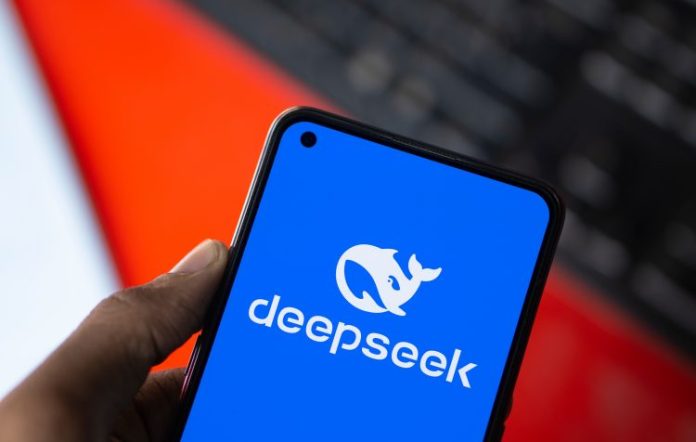South Korea’s data protection authority has halted new downloads of the DeepSeek app after the Chinese AI startup failed to comply with the country’s personal data protection regulations.
Choi Jang-hyuk, vice chairperson of Seoul’s Personal Information Protection Commission (PIPC), confirmed the suspension of new downloads and stated that authorities would “thoroughly examine DeepSeek’s personal data processing practices to ensure compliance” with local laws.
The domestic agency also noted that DeepSeek had acknowledged its lack of consideration for South Korea’s privacy laws. The process of aligning DeepSeek with these regulations “would inevitably take a significant amount of time,” the commission said.
To prevent further concerns, PIPC recommended that DeepSeek temporarily suspend its services while implementing necessary changes. It also urged existing users to “use the service with caution” and avoid entering personal information into the app until further notice.
DeepSeek was removed from local app stores on Saturday at 6:00 PM (0900 GMT). By Monday, the app was no longer available on the South Korean version of the Apple App Store, though users who had already downloaded it could still access it.
What is DeepSeek and why is its privacy policy causing concern?
DeepSeek is a Chinese AI startup founded by businessman Wenfeng Liang in Hangzhou. The company’s AI chatbot was launched to global audiences last month, quickly gaining attention for its ability to rival Western models, despite being developed at a fraction of the cost and trained on older hardware.
However, like other Chinese AI chatbots, DeepSeek avoids criticizing or offering even a hint of objectivity on matters related to its home government. This behavior has raised concerns about how DeepSeek collects and stores user data.
According to its privacy policy, “We may collect your text or audio input, prompts, uploaded files, feedback, chat history, or other content that you provide to our model and Services.”
These privacy concerns have led countries such as Italy and Taiwan to block the chatbot, while other nations have advised their government employees to exercise caution when using the service.



 Viesearch - The Human-curated Search Engine
Blogarama - Blog Directory
Web Directory gma
Directory Master
http://tech.ellysdirectory.com
8e3055d3-6131-49a1-9717-82ccecc4bb7a
Viesearch - The Human-curated Search Engine
Blogarama - Blog Directory
Web Directory gma
Directory Master
http://tech.ellysdirectory.com
8e3055d3-6131-49a1-9717-82ccecc4bb7a